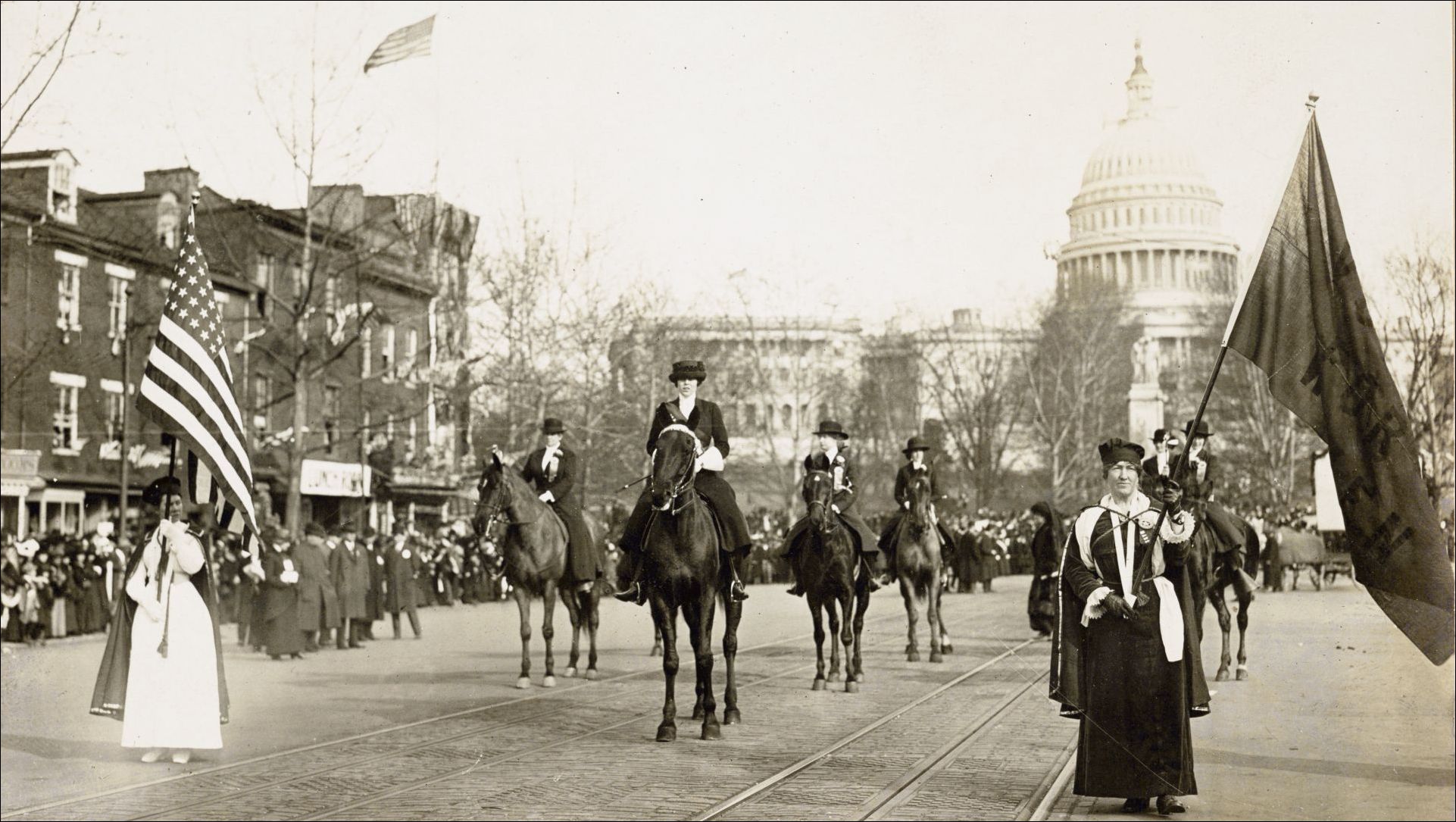“One of the great truths of history is that no past event was preordained,” wrote David McCullough in American Heritage. “Every battle, election, and revolution could have turned out differently at any point along the way.”
Proof of that observation is the number of times that John Glover and his Marblehead regiment saved George Washington and the fledgling American army from disaster, described so well in this issue by historian Patrick K. O’Donnell.
Their courage and sacrifice made a crucial difference in winning the American Revolution, and enabling us to live in a free, democratic, and prosperous country.

